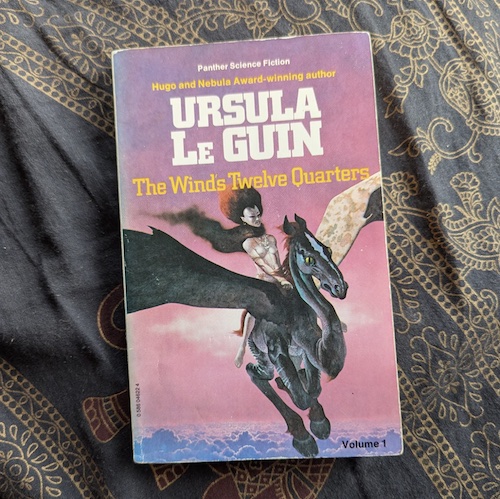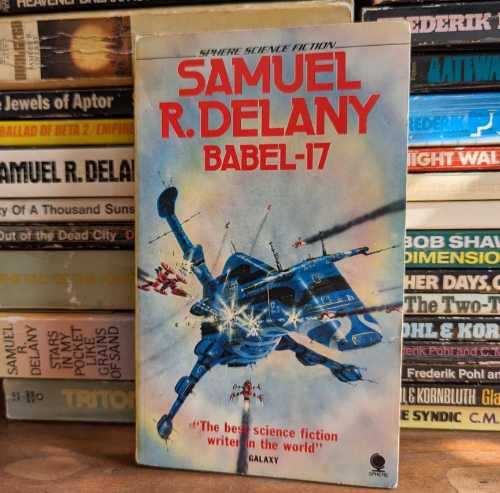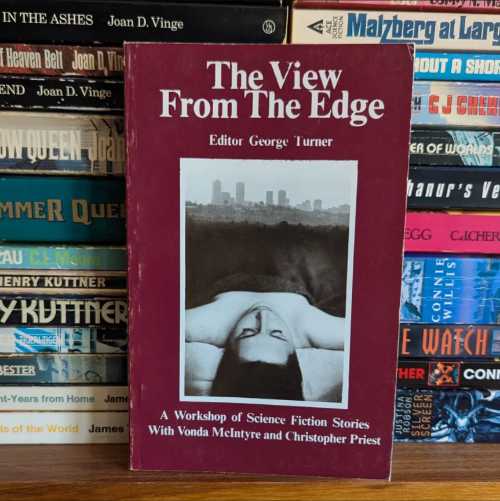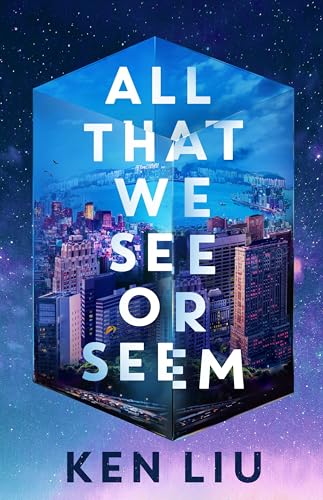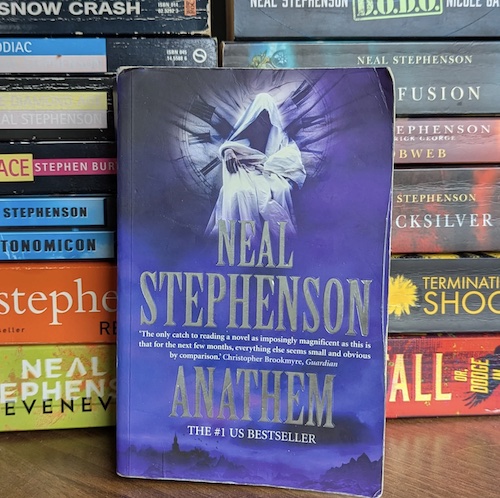Much of this collection is Le Guin’s less engaging early short stories. There’s also a strong dose of fantasy that borders on the fairytale, which isn’t my jam. Overall, I’d recommend skipping this collection - the story set in the world of Winter is the only one worth seeking out.
Semley’s Necklace (1964) ⭐⭐⭐
A young bride seeks to turn around the decline of her ancient house by retrieving a valuable heirloom that was lost long ago. The prose leans towards fairytale, reinforced by its moralistic twist denouement.
April in Paris (1962) ⭐⭐
A tale of black magic bringing people together across time. Short, sweet, but no depth.
The Masters (1963) ⭐⭐⭐
Long after the apocalypse, science and mathematics are forbidden, but knowledge is passed down in secret by the curious few who pay a high price for their transgression.
Darkness box (1963) ⭐⭐
A land is trapped in a timelessness, but a box is found that could break the spell. Another simple story that has a fairytale feel.
The Word of Unbinding (1964) ⭐⭐⭐
A wizard is caught and no matter how many times he tries to escape, is re-captured. Well written, but let down by the ending.
The Rule of Names (1964) ⭐⭐⭐
An innocuous wizard turns out to be not what he seems when he’s confronted by another in search of his treasure. Saccharine in places, but entertaining.
Winter’s King (1969) ⭐⭐⭐⭐⭐
Set on Winter, the world of The Left Hand of Darkness, a king is forced to abdicate. When she returns from her time-dilated trip, her world is very changed. While echoing the novum of the first story, five years later Le Guin’s writing is of a totally different quality. The world of Winter is realised in all its frozen glory, with its familiar feudal politics, intrigue, and a king bound by duty. A worthy companion tale.
The Good Trip (1970) ⭐
A guy on an acid trip. I wouldn’t even call this SFF.
Nine Lives (1969) ⭐⭐⭐⭐
Ten identical clones join a team on a remote base, but disaster strikes and it becomes clear how psychologically different their situation makes them.
